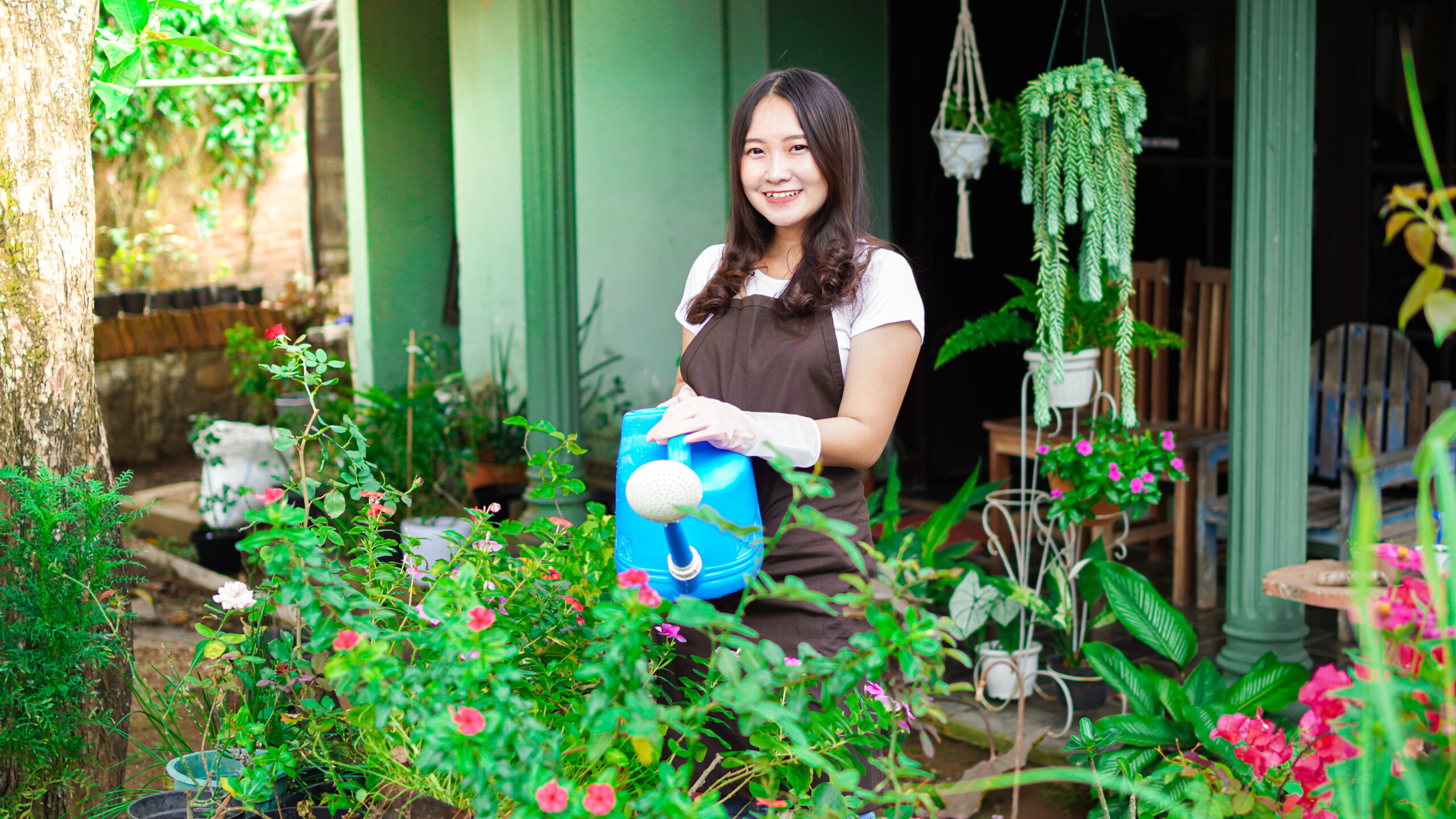
Gardening is a fulfilling and sustainable hobby that allows us to connect with nature while improving our environment. For gardeners in Malaysia, adopting eco-friendly practices is a great way to make a positive impact. Let’s explore some practical tips that can help you create a greener, more sustainable garden while maintaining its beauty and productivity.
Use Native and Indigenous Plants
One of the most eco-friendly decisions you can make as a gardener is to grow native and indigenous plants. These plants are naturally adapted to Malaysia’s climate and soil, requiring less water, fertilizer, and maintenance compared to exotic species.
For instance, plants like hibiscus, ixora, and pandan thrive in Malaysia’s tropical weather. Not only are they beautiful and low-maintenance, but they also attract local pollinators like butterflies and bees, boosting biodiversity in your garden. When shopping for native plants, be sure to visit a trusted flower nursery Malaysia to find healthy, locally-sourced options.
Incorporate Composting
Composting is a fantastic way to reduce waste and enrich your soil with organic matter. By recycling kitchen scraps, garden trimmings, and dried leaves, you can create nutrient-rich compost that eliminates the need for synthetic fertilizers.
Compost improves soil structure, retains moisture, and promotes healthy root growth for your plants. Plus, it’s completely free and reduces your household waste. When using compost as a fertilizer for plants, you’re not only being kind to the environment but also ensuring that your plants receive natural, chemical-free nourishment.
Implement Water Conservation Techniques
Water conservation is crucial for sustainable gardening, especially in a tropical country like Malaysia where heavy rains can alternate with dry spells. One effective technique is to use drip irrigation systems. These systems deliver water directly to the roots of plants, minimizing waste and ensuring that each plant gets the exact amount of water it needs.
You can also collect rainwater using barrels and use it to water your plants during dry periods. Mulching is another useful practice—it helps retain moisture in the soil while reducing the frequency of watering. These small changes can make a significant difference in conserving water and creating a sustainable gardening routine.
Avoid Harmful Chemicals
Chemical pesticides and synthetic fertilizers can harm the environment, pollute water sources, and affect local wildlife. Instead, opt for natural alternatives to control pests and boost soil fertility.
For pest control, try using neem oil, garlic sprays, or introducing beneficial insects like ladybugs. As for fertilizers, choose organic options like compost or animal manure. Organic fertilizer for plants not only promotes healthier growth but also preserves the delicate balance of your garden’s ecosystem. By avoiding harmful chemicals, you ensure that your garden remains a safe haven for plants, pollinators, and people alike.
Opt for Edible Landscaping
Edible landscaping is a creative and sustainable way to combine beauty and functionality in your garden. This method involves growing edible plants, such as herbs, fruits, and vegetables, alongside ornamental flowers.
The combination of vibrant chili plants paired with marigolds or a border of basil around your flower beds can be a stunning view while also providing fresh produce for your kitchen. Visit a reliable flower nursery Malaysia to find a variety of edible and ornamental plants that suit your garden’s aesthetic.
Edible landscaping reduces the need for separate vegetable plots, saving space and resources. Plus, growing your food helps cut down on grocery bills and reduces your carbon footprint.
Conclusion
Hence, eco-friendly gardening is not only about cultivating a beautiful space but also about making choices that benefit the environment. By using native plants, composting, conserving water, avoiding harmful chemicals, and incorporating edible landscaping, you can create a sustainable garden that thrives year-round. Start small, make conscious decisions, and visit your nearest garden center in Malaysia for expert advice and quality supplies.